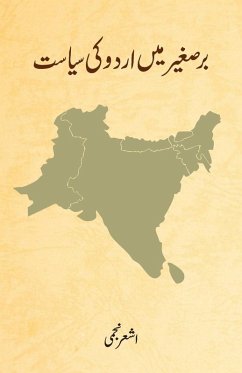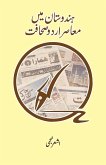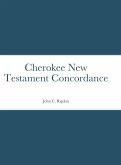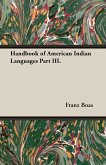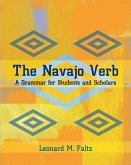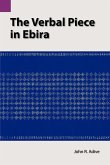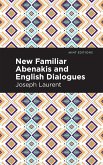This is a pivotal chapter in Urdu history. It was used by all political forces on the Indian subcontinent who espoused hatred and division in the 19th and 20th centuries. The politics of opposition to Urdu in the name of Hindu identity in the nineteenth century, and Sir Syed's famous statement, both emerged from the Urdu and Hindi conflict. In 1869, Sir Syed addressed the collector Shakespeare in Banaras and stated that it was impossible for Hindus and Muslims to live together. A scholar of the Aligarh movement states: The anti-Urdu movement (movement to introduce Hindi in Nagri script) had a profound impact on Sir Syed, forcing him to acknowledge that the unity of Hindus and Muslims in any national work was no longer possible. However, he made it clear that this could only be achieved if Muslims became Hindus. Muslims will undoubtedly benefit more, while Hindus will undoubtedly be at a loss. Pakistani historians are clear that this statement of Sir Syed is the philosophical basis of the two-nation theory. There is no doubt that Urdu politics played an important role in the establishment of Pakistan. Furthermore, the development of regional languages in Pakistan was also blocked because of Urdu. Immediately after Pakistan's establishment, East Pakistan reacted against Urdu domination. In 1948, Governor General Muhammad Ali Jinnah announced at Dhaka University that Urdu would be the sole national language of Pakistan. It is a simple fact that only those who migrated from the cities of North India ever had a language.
Hinweis: Dieser Artikel kann nur an eine deutsche Lieferadresse ausgeliefert werden.
Hinweis: Dieser Artikel kann nur an eine deutsche Lieferadresse ausgeliefert werden.

